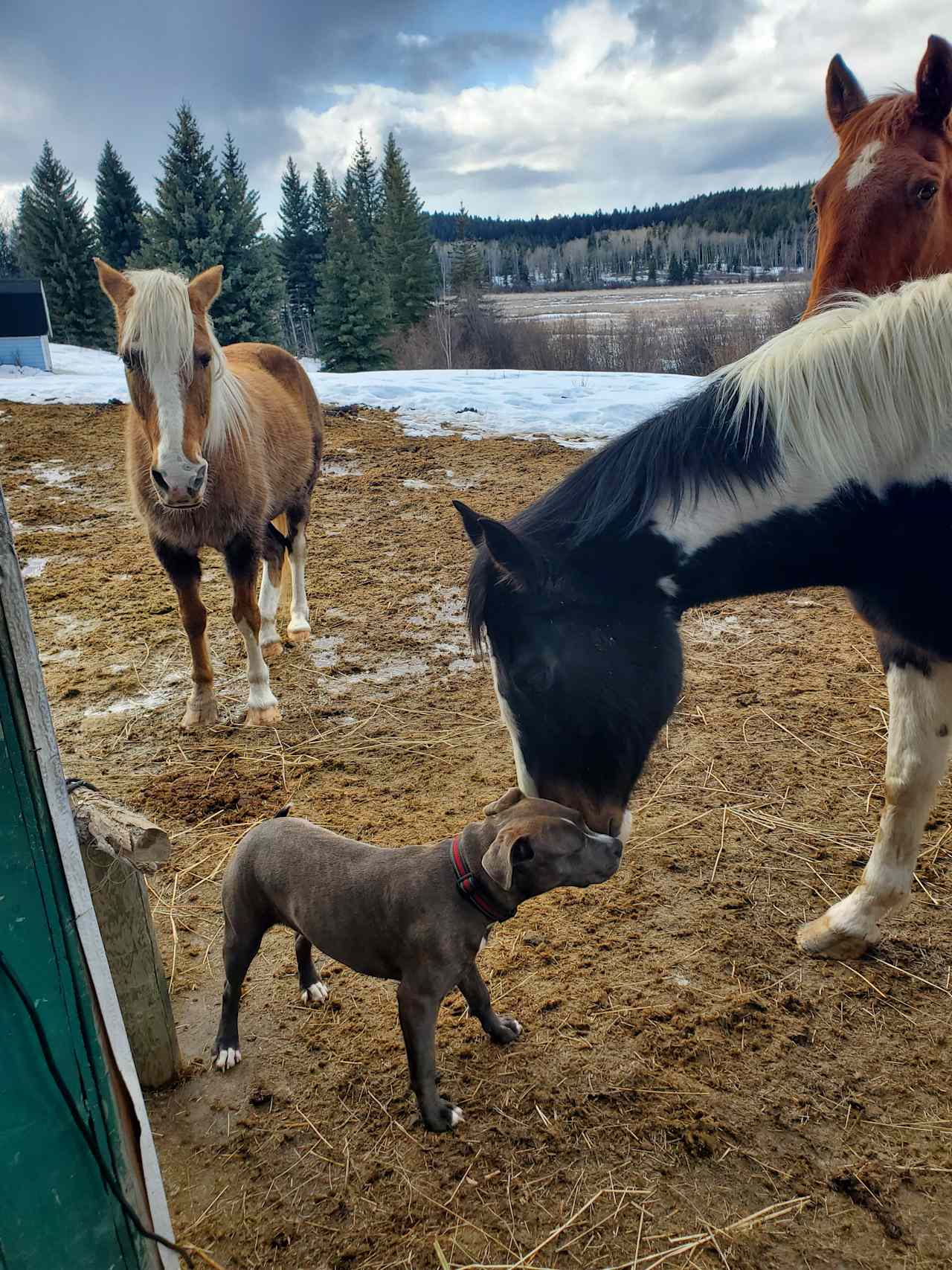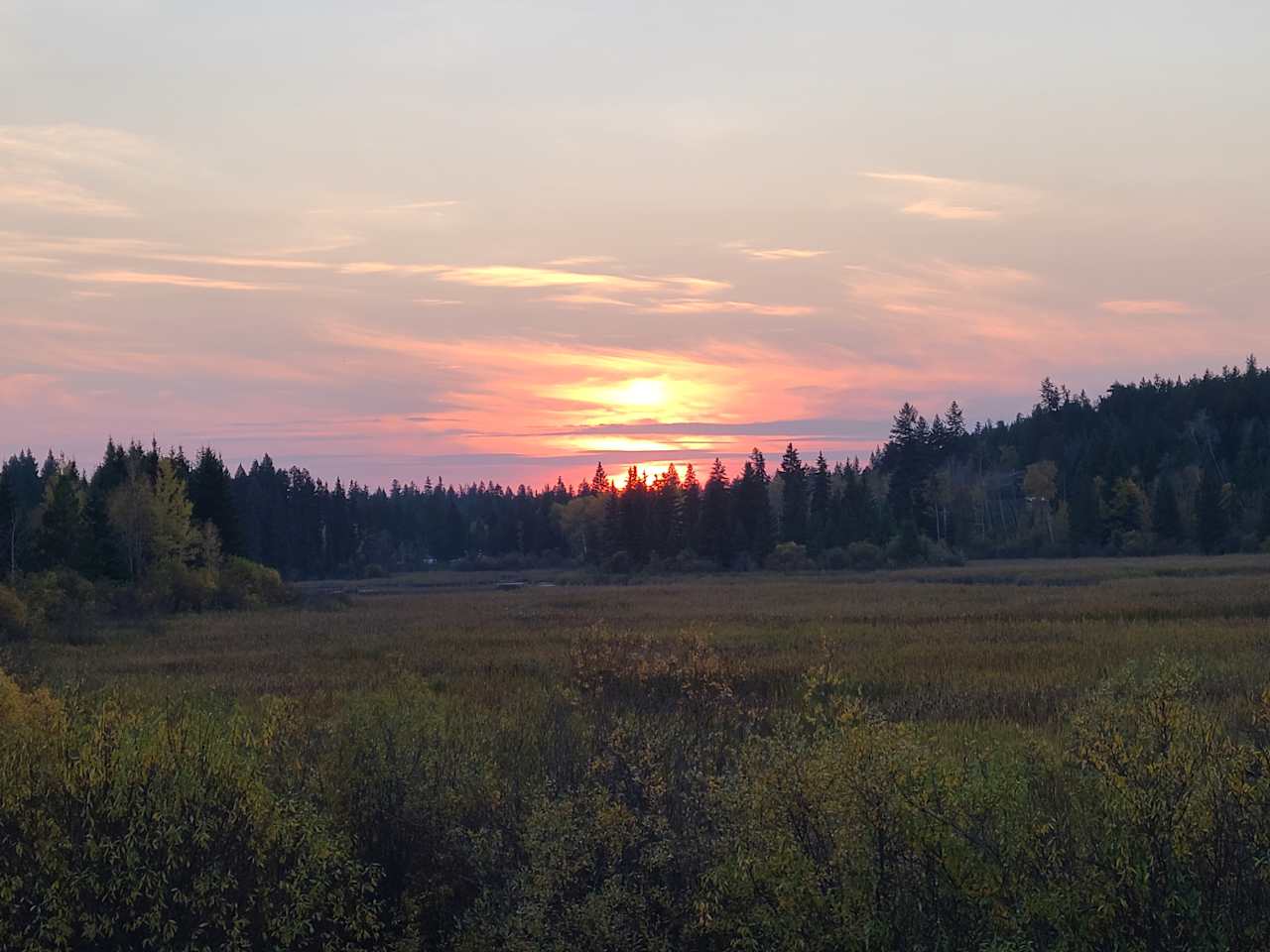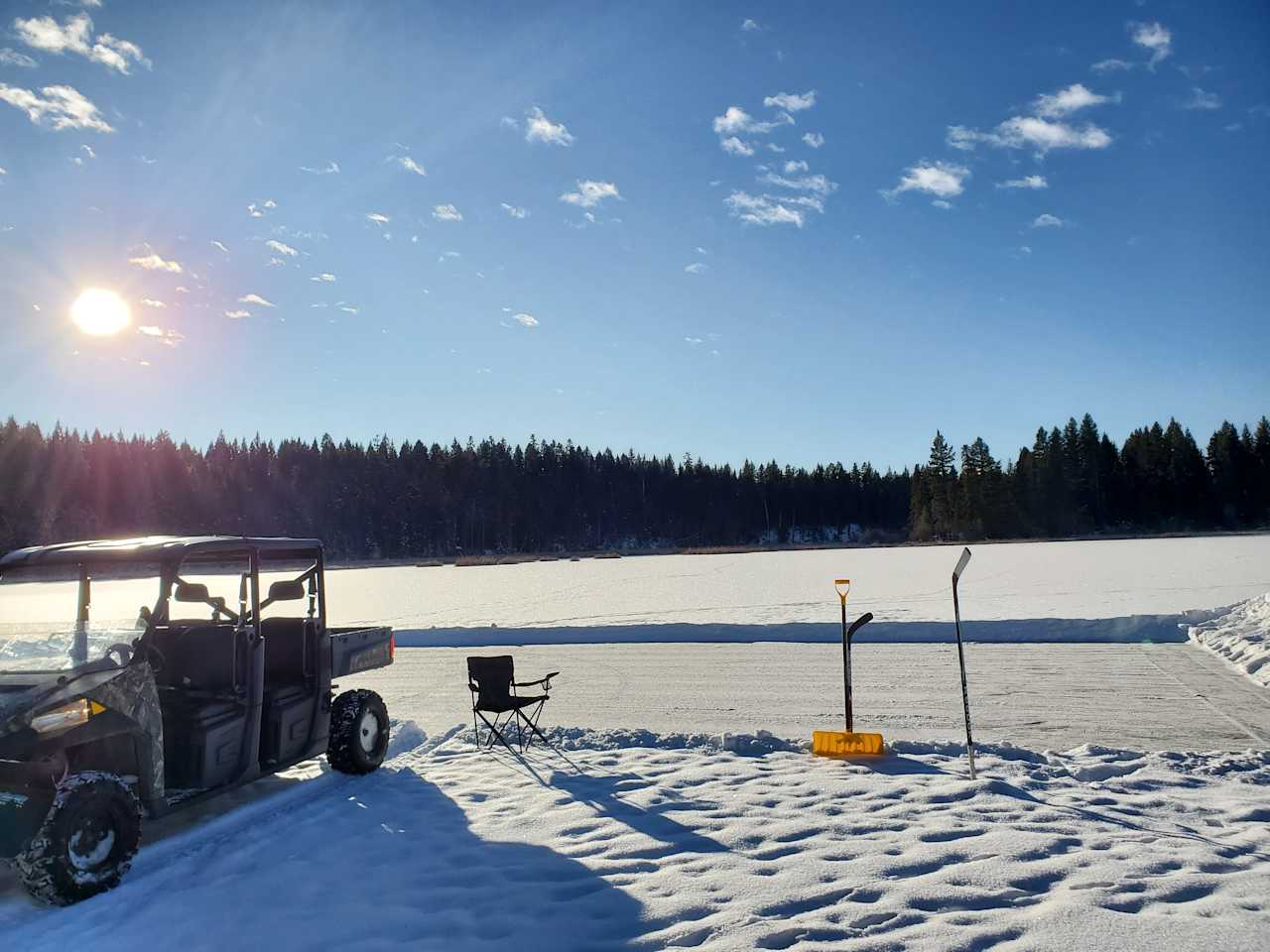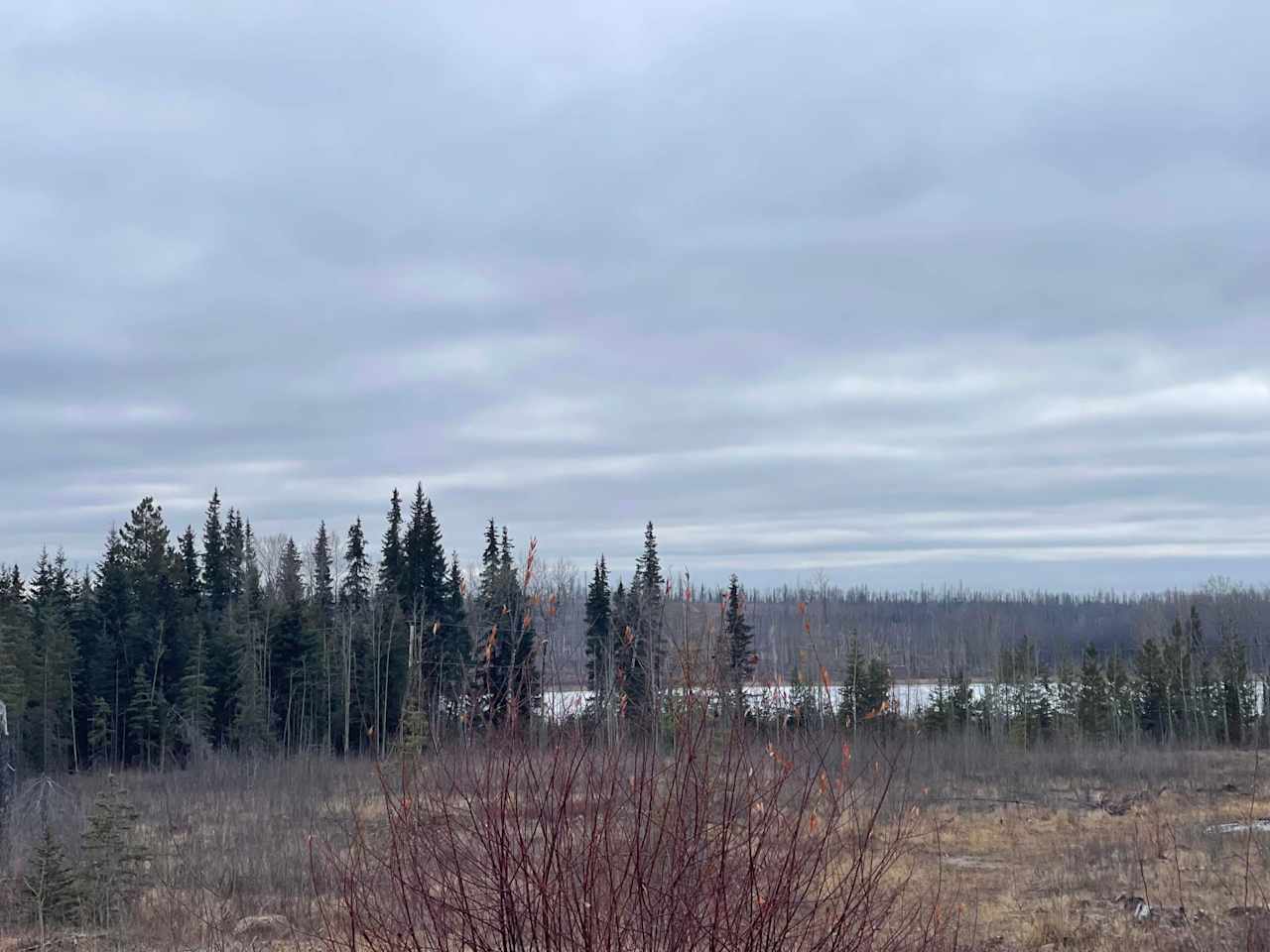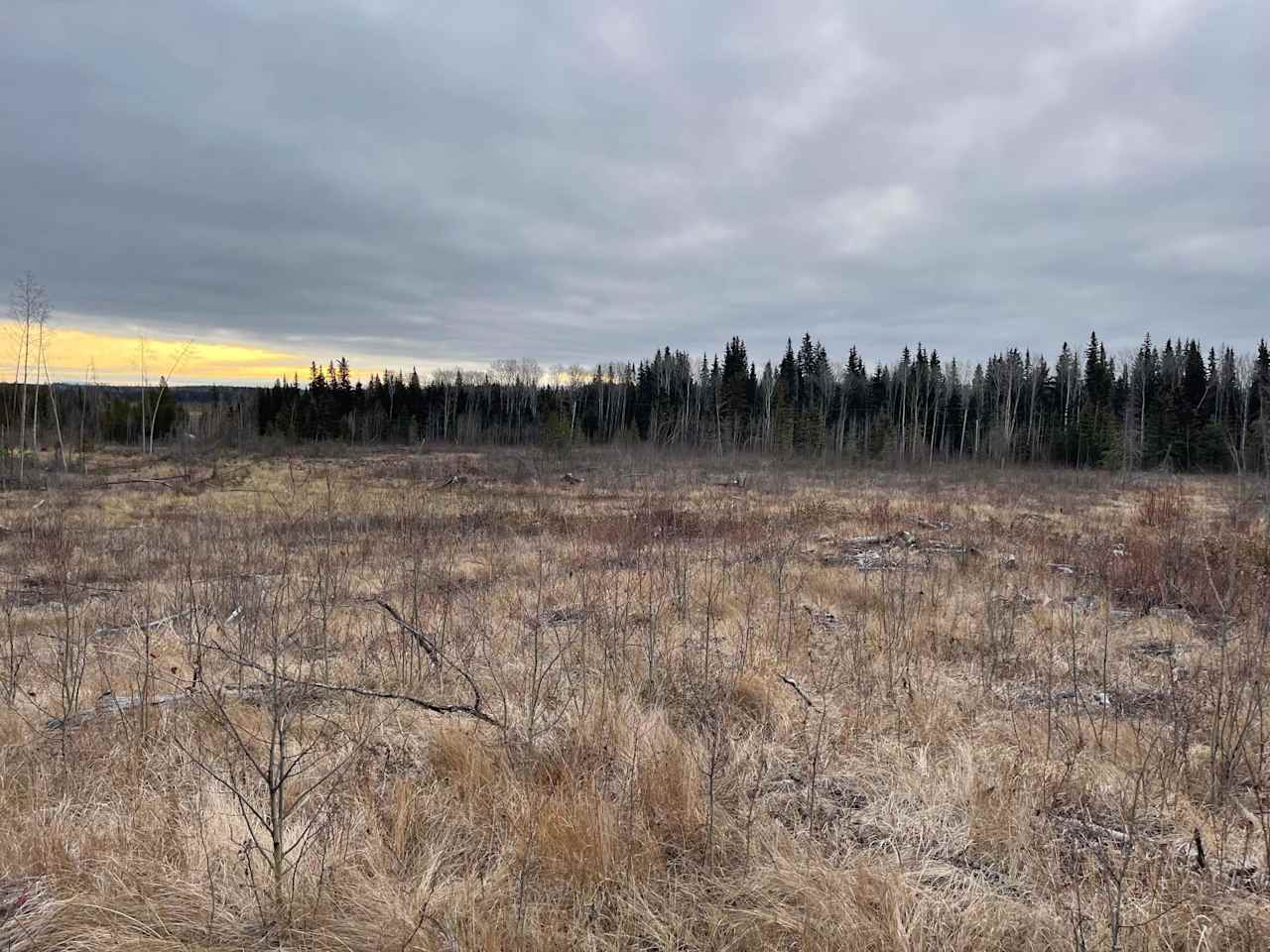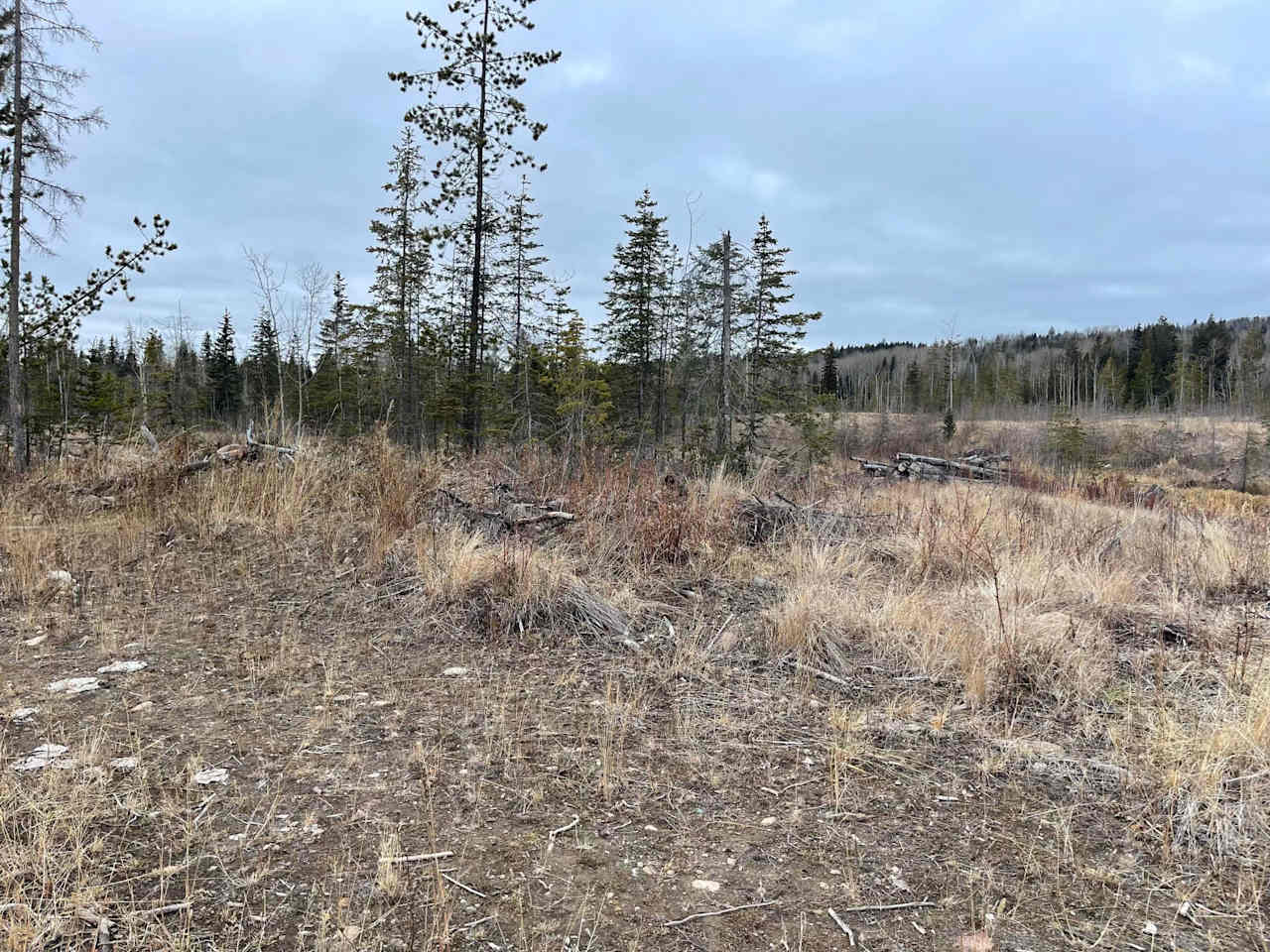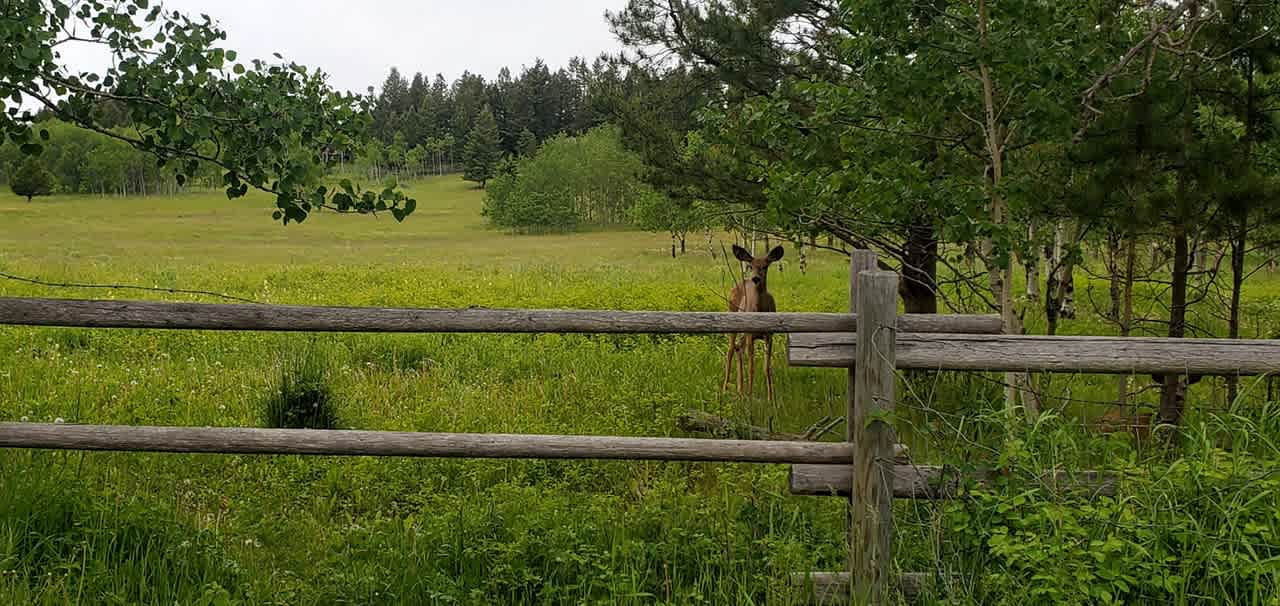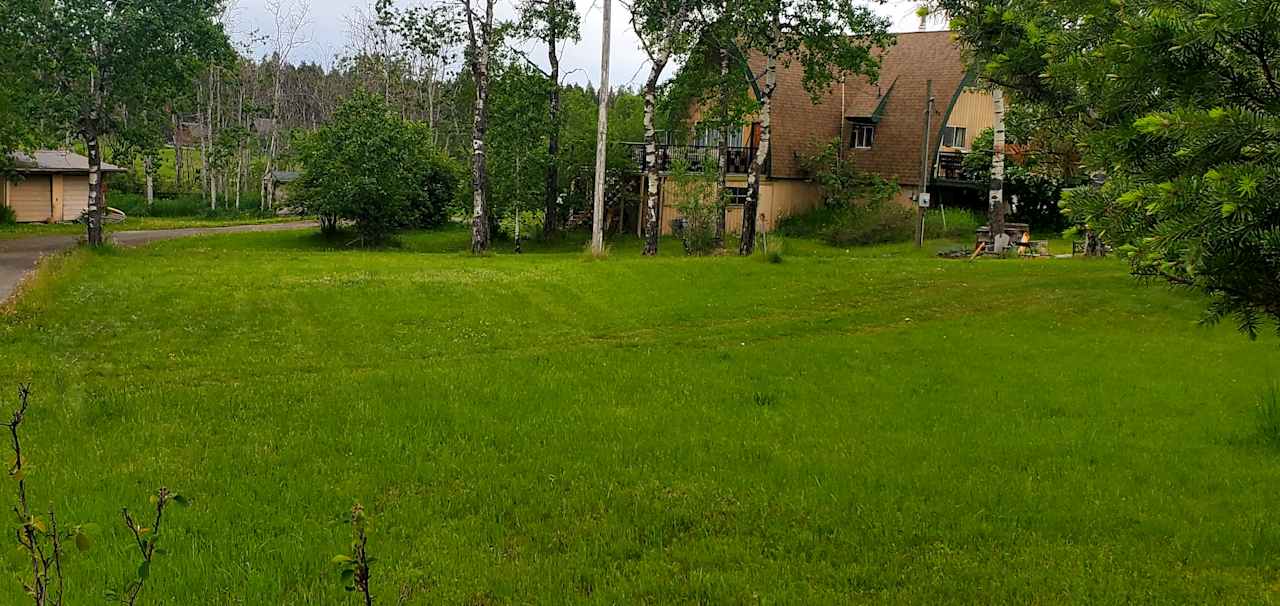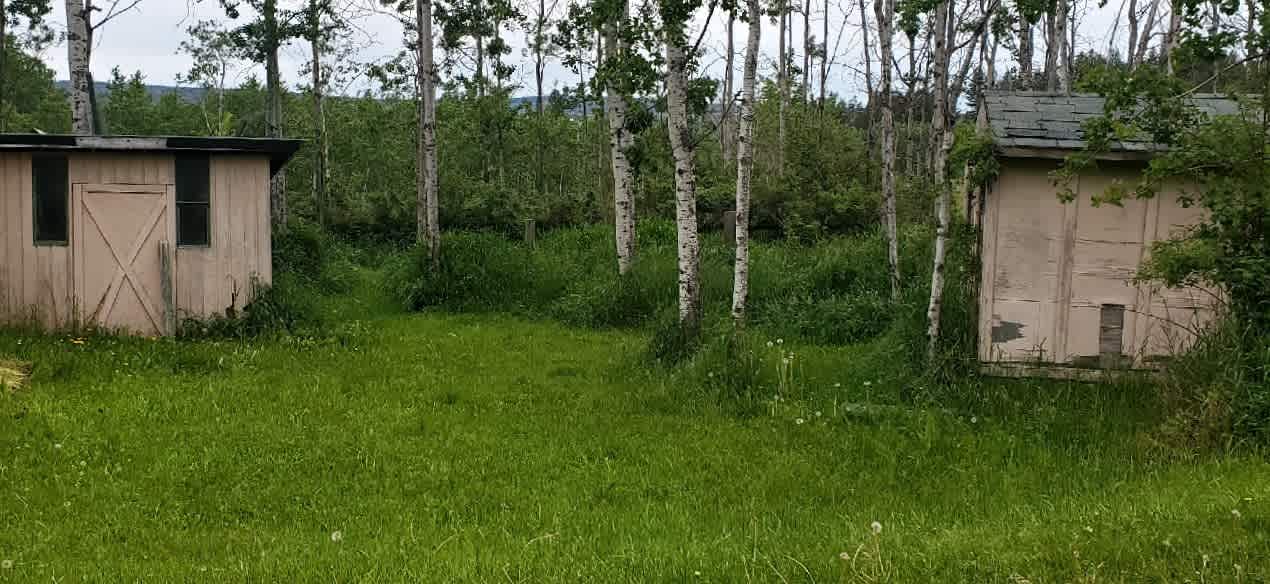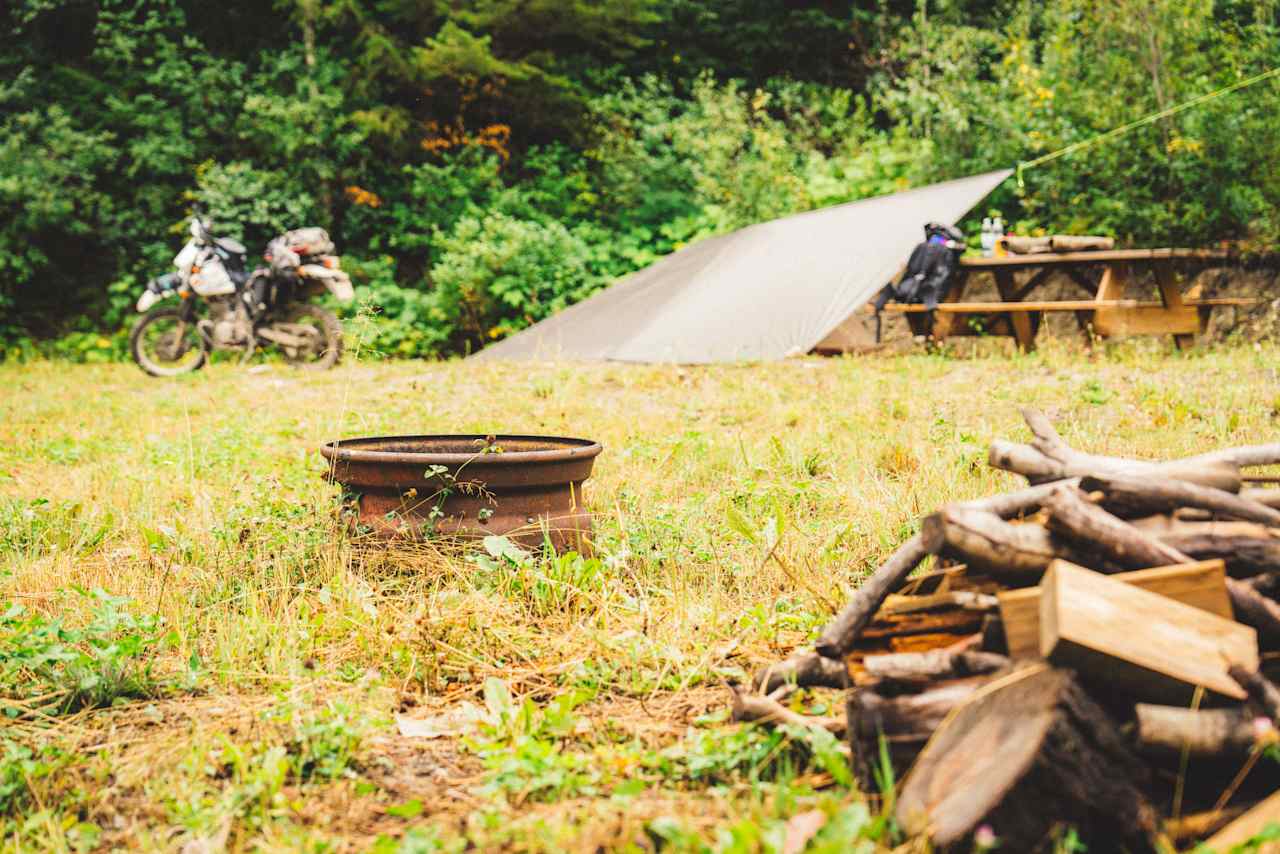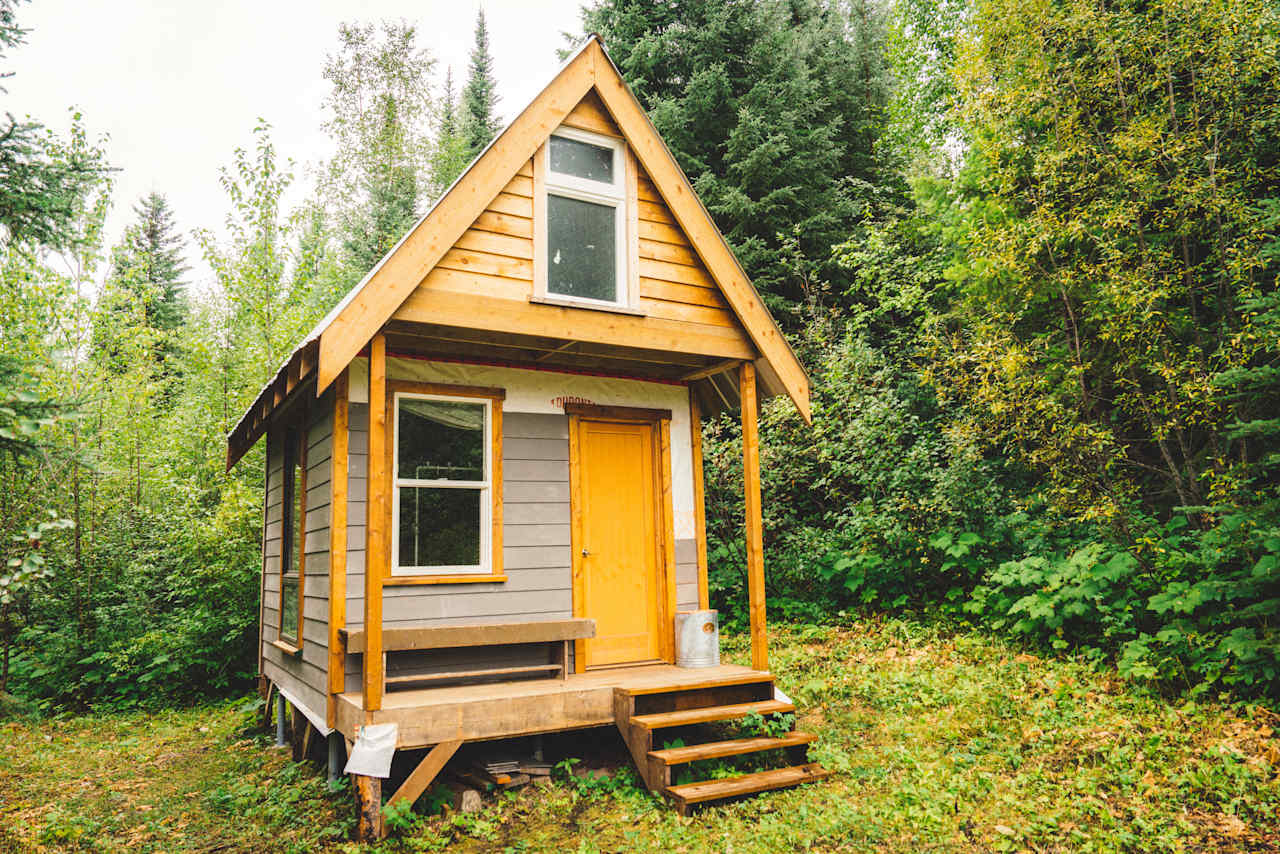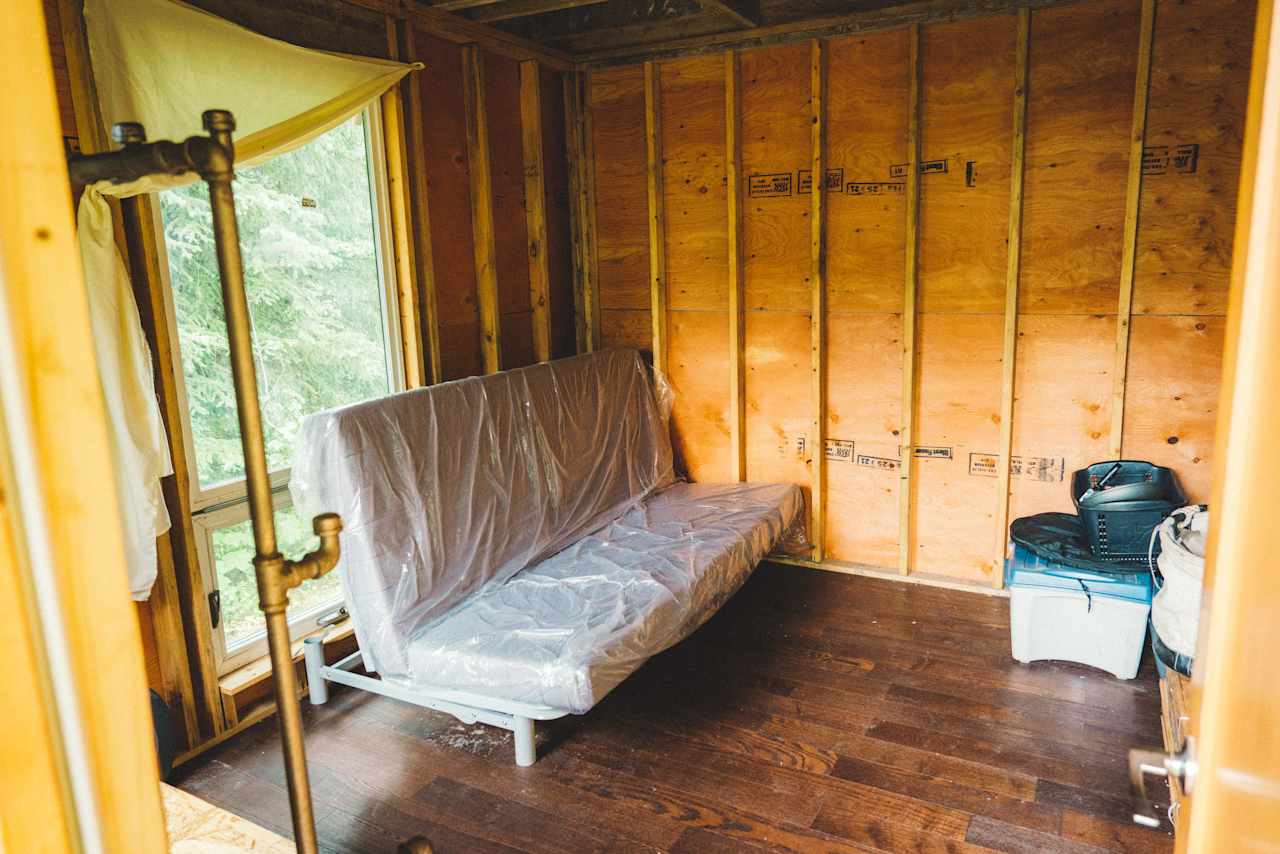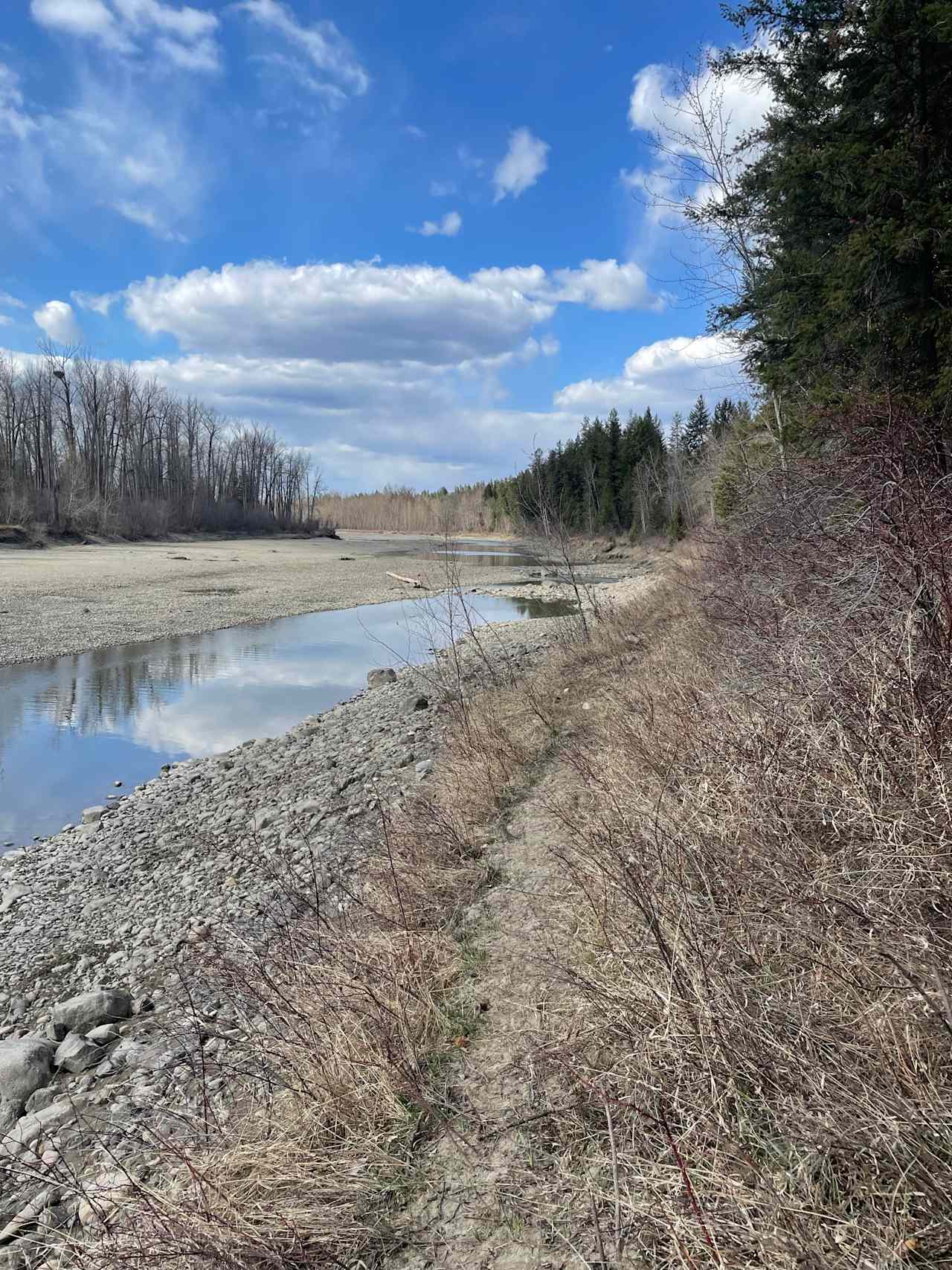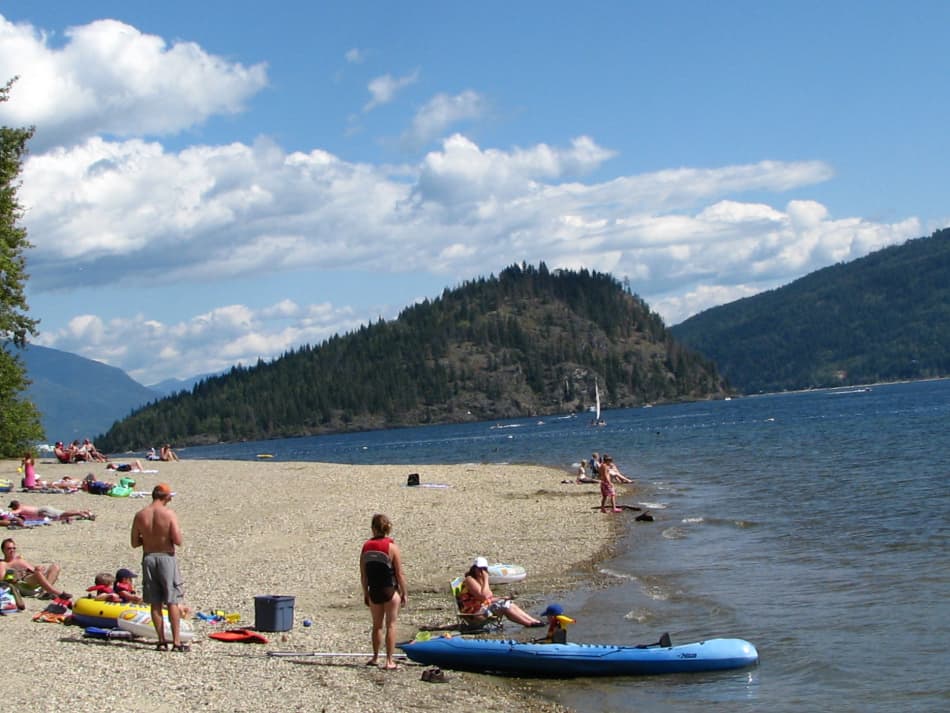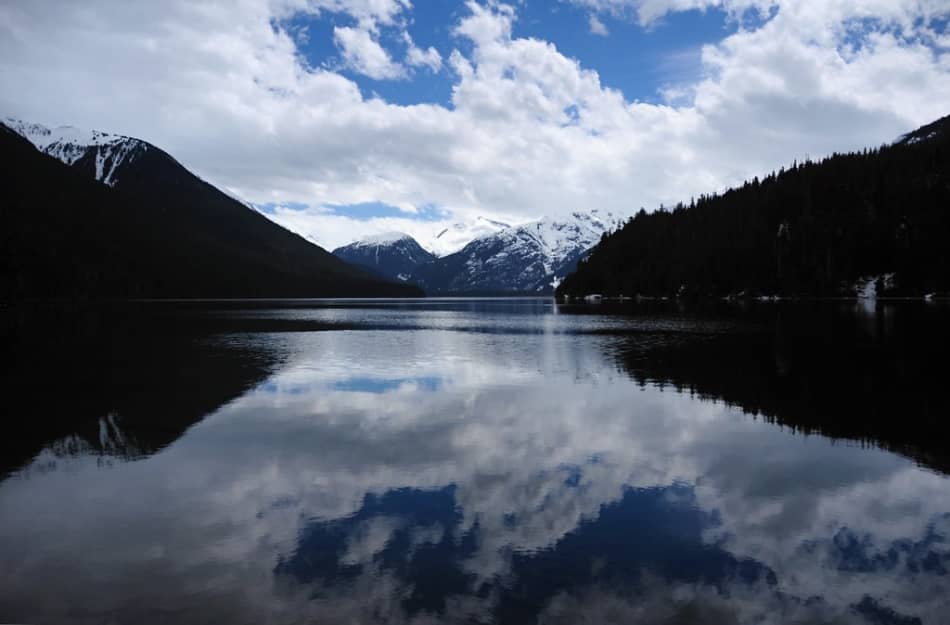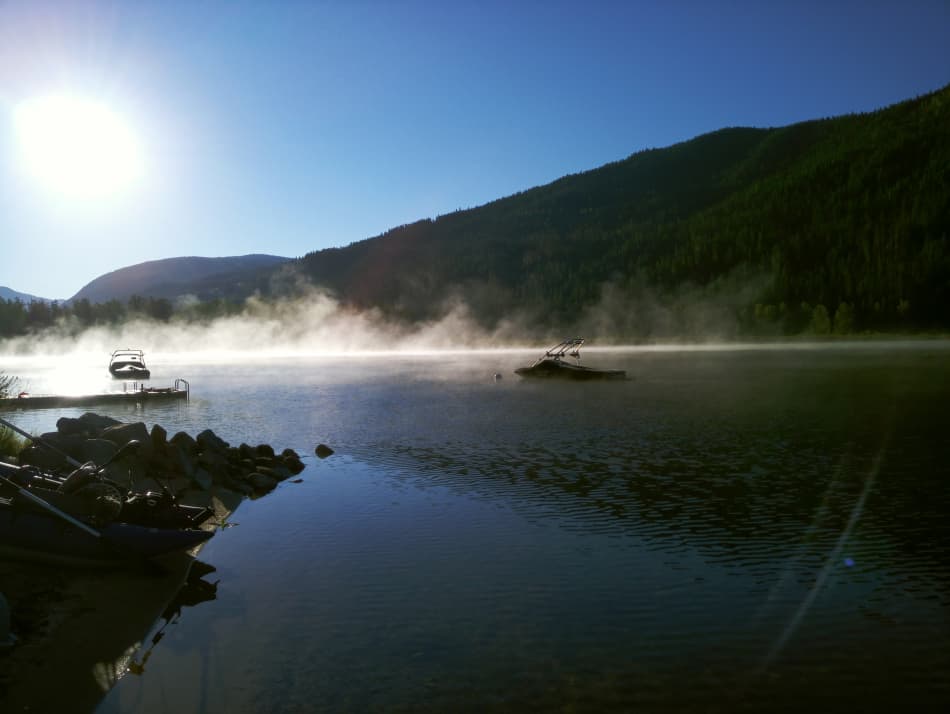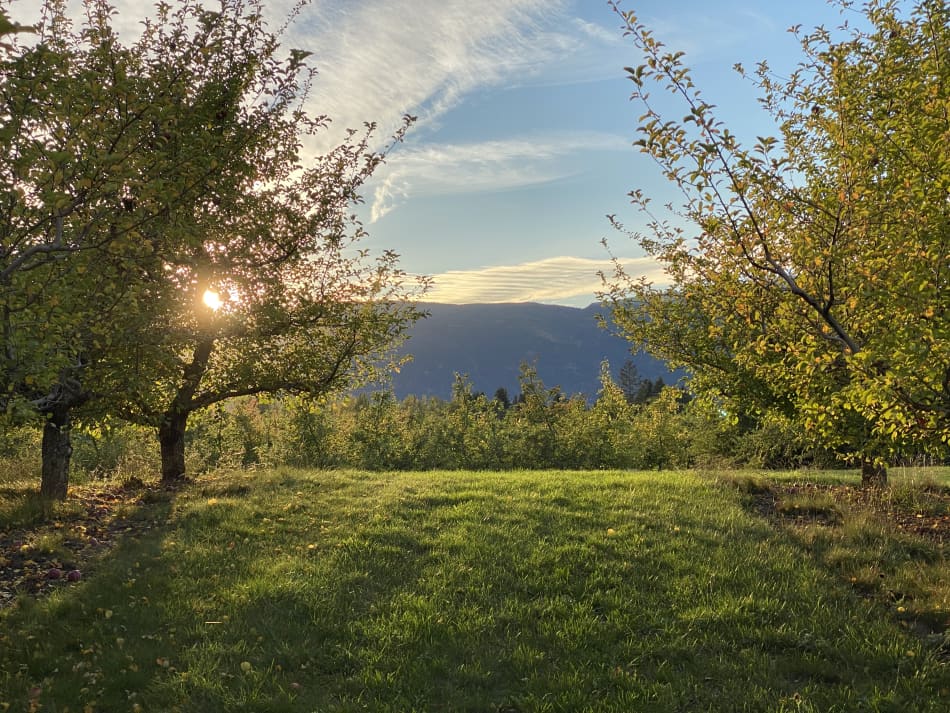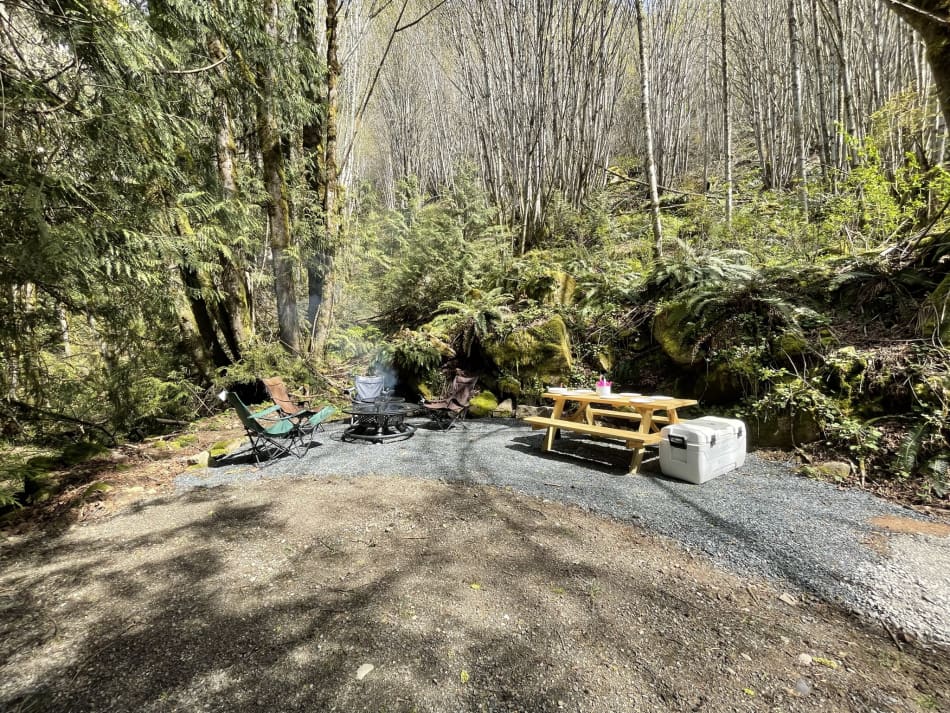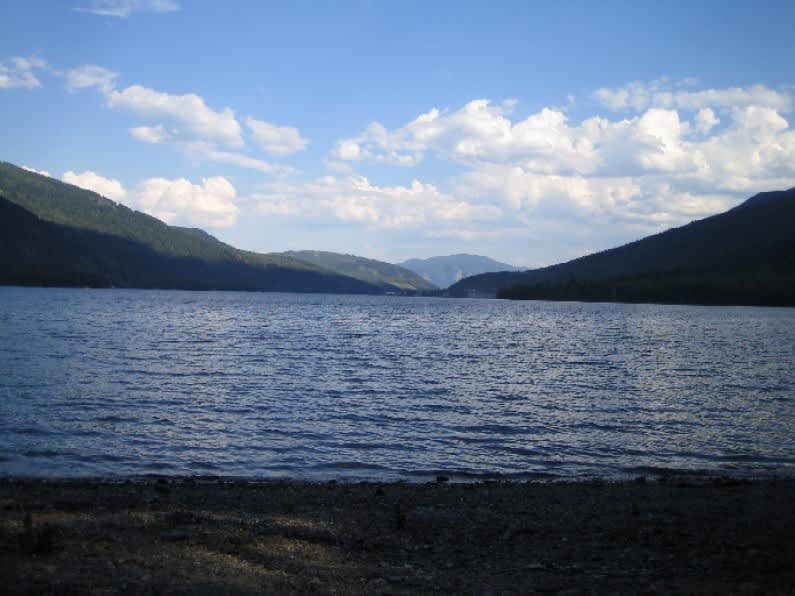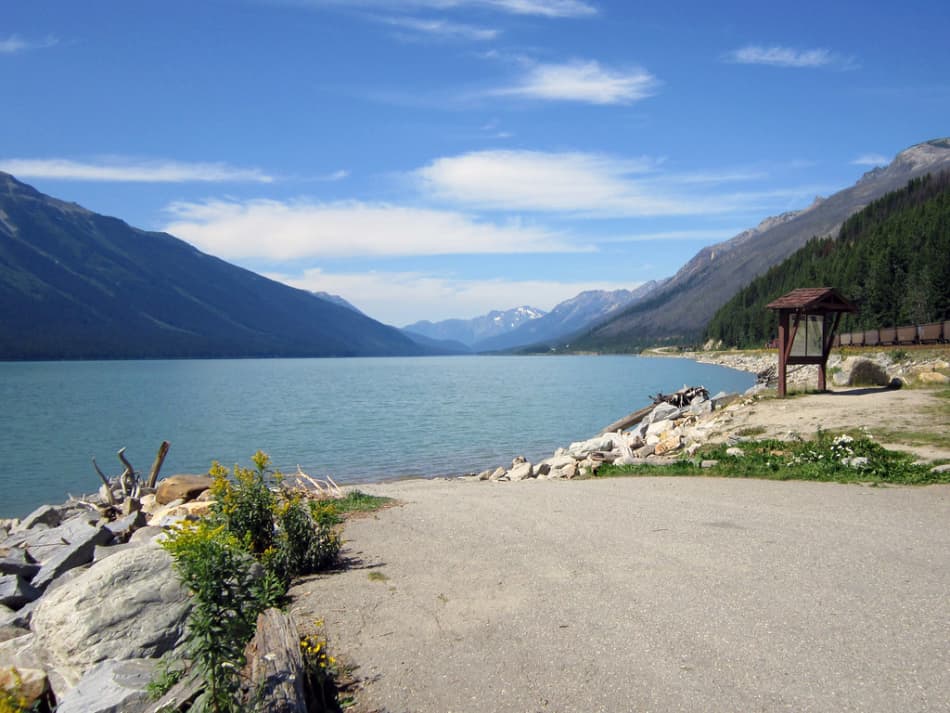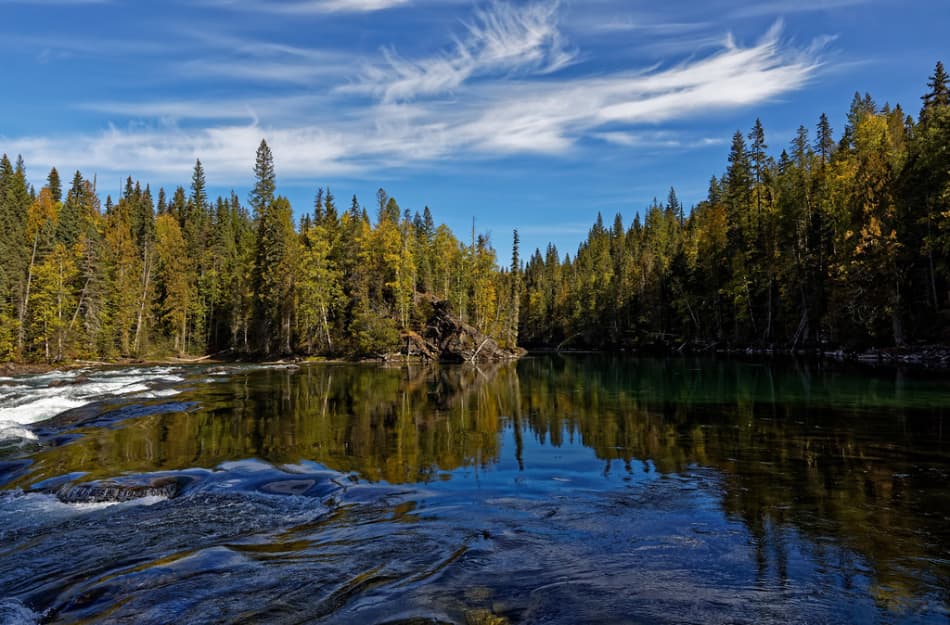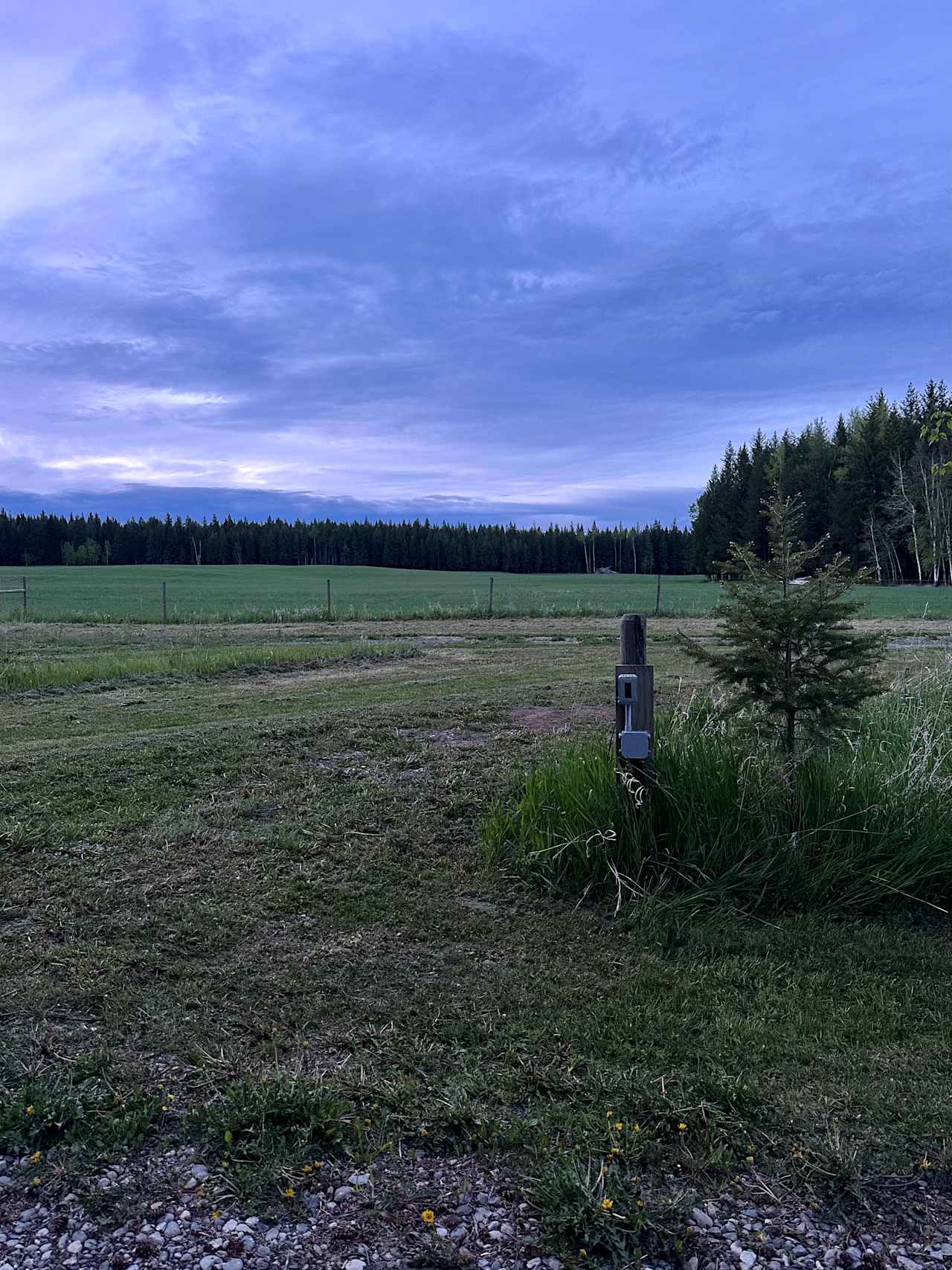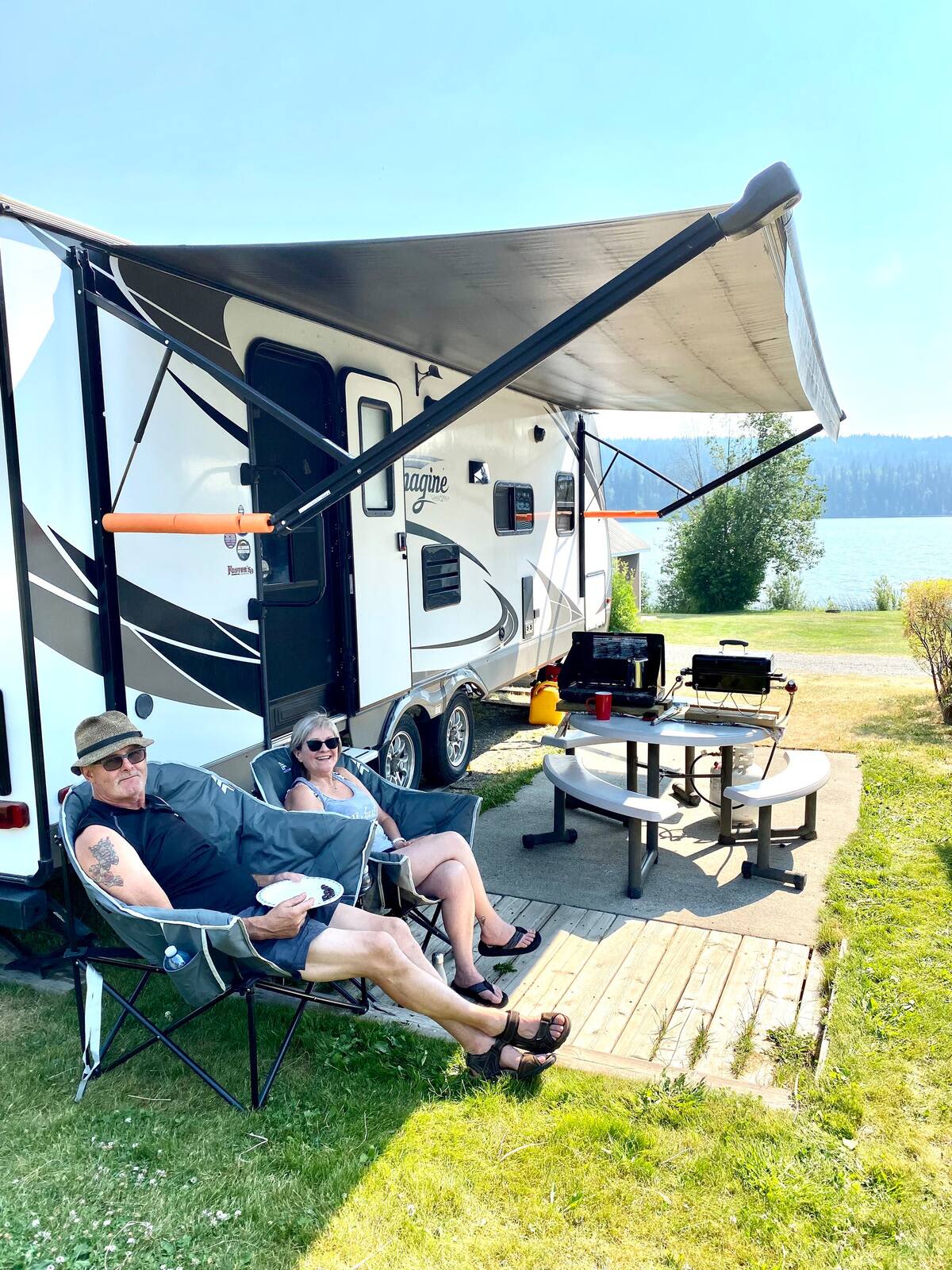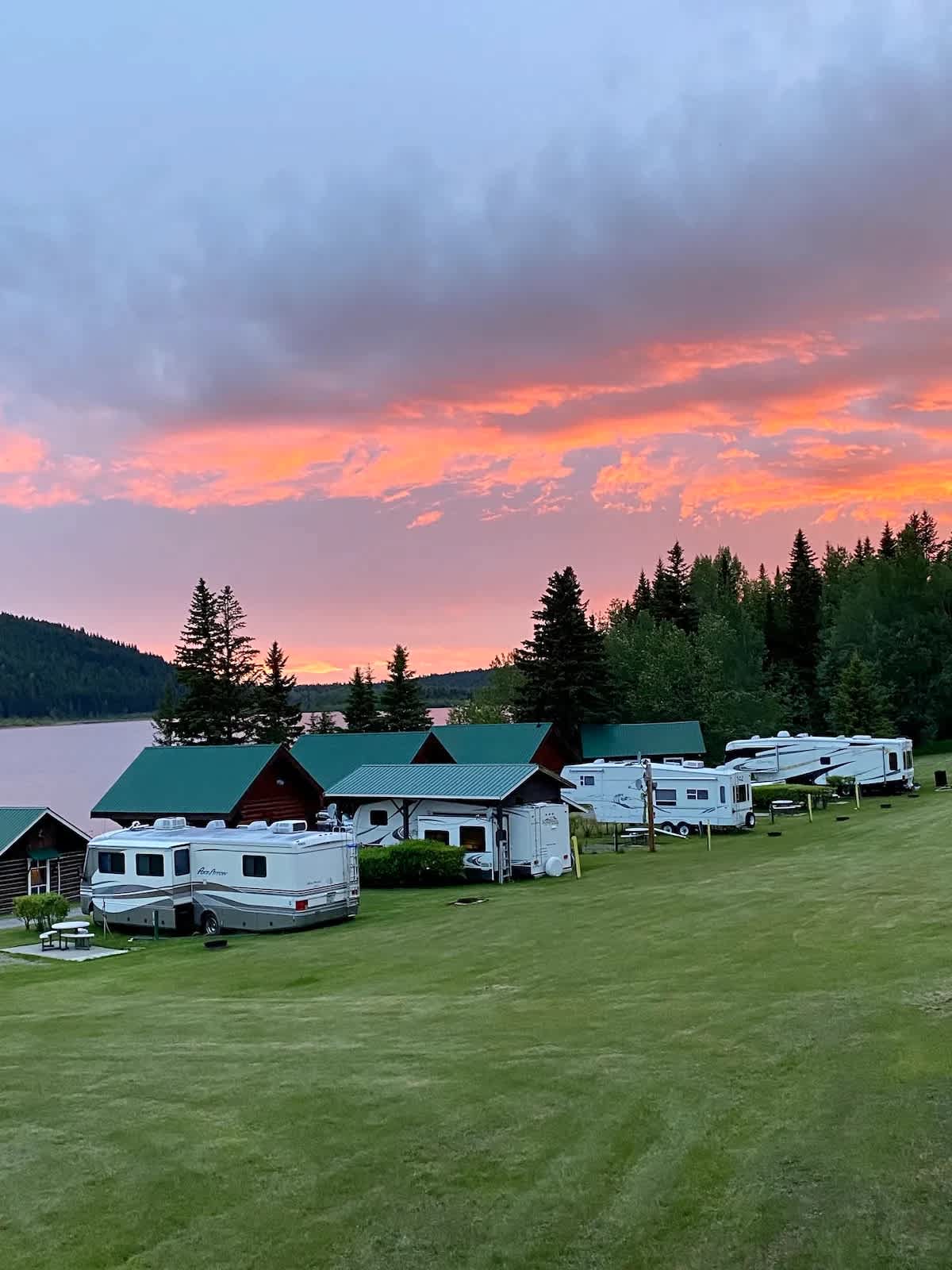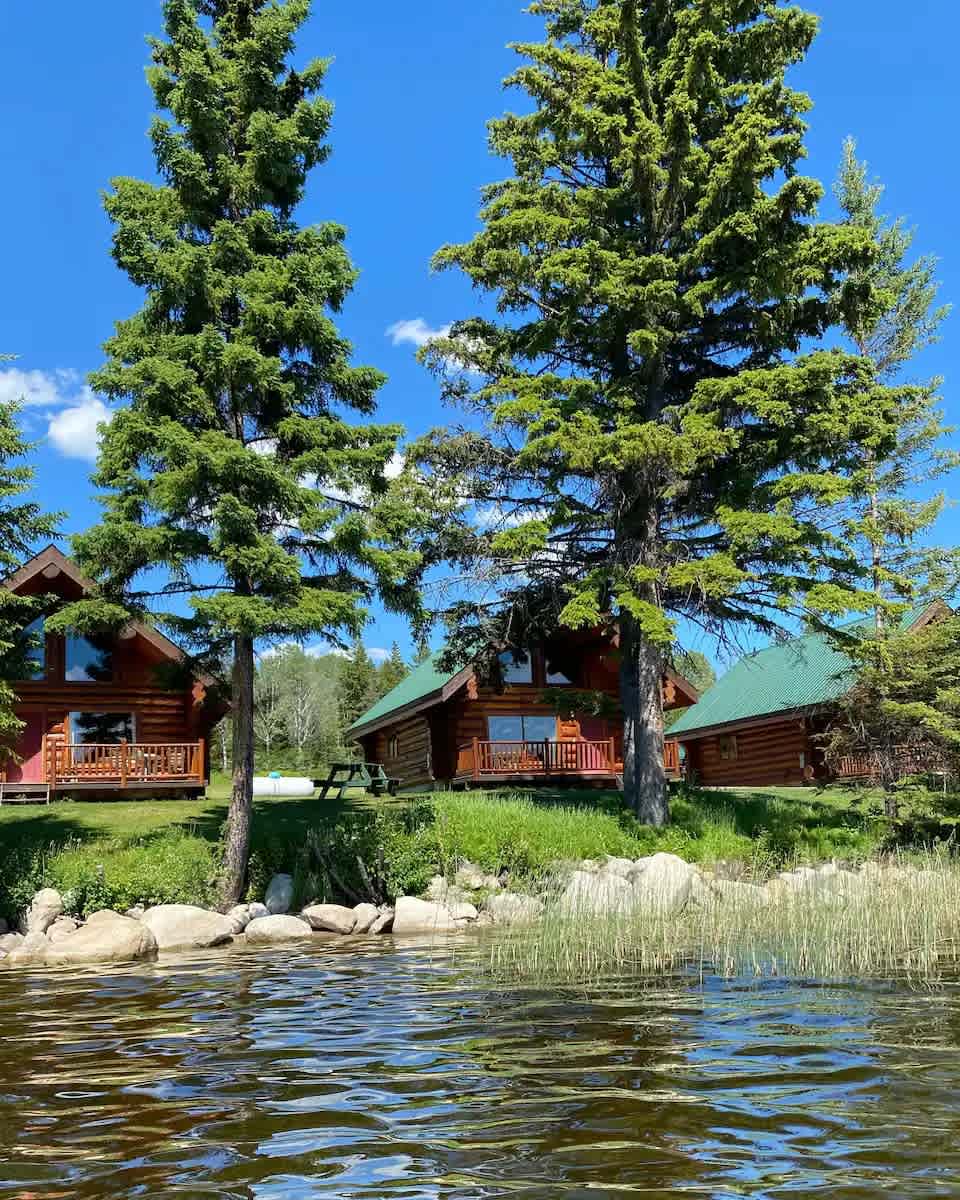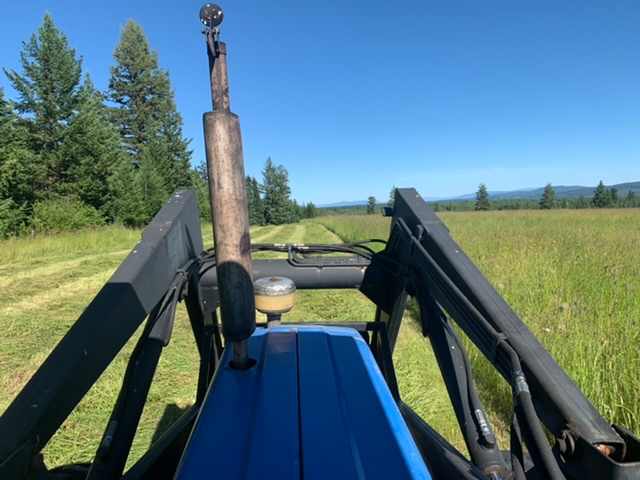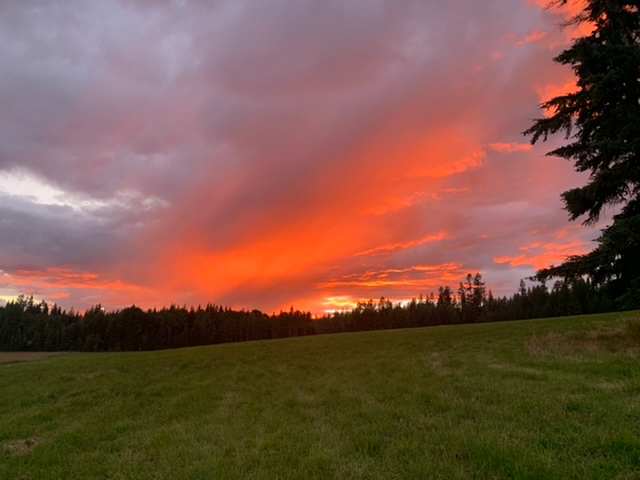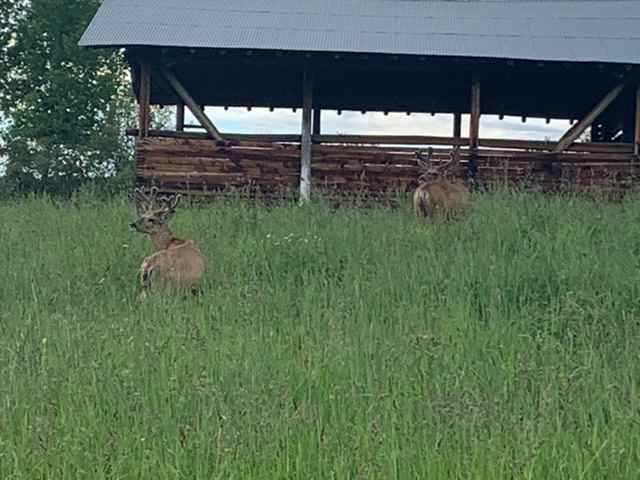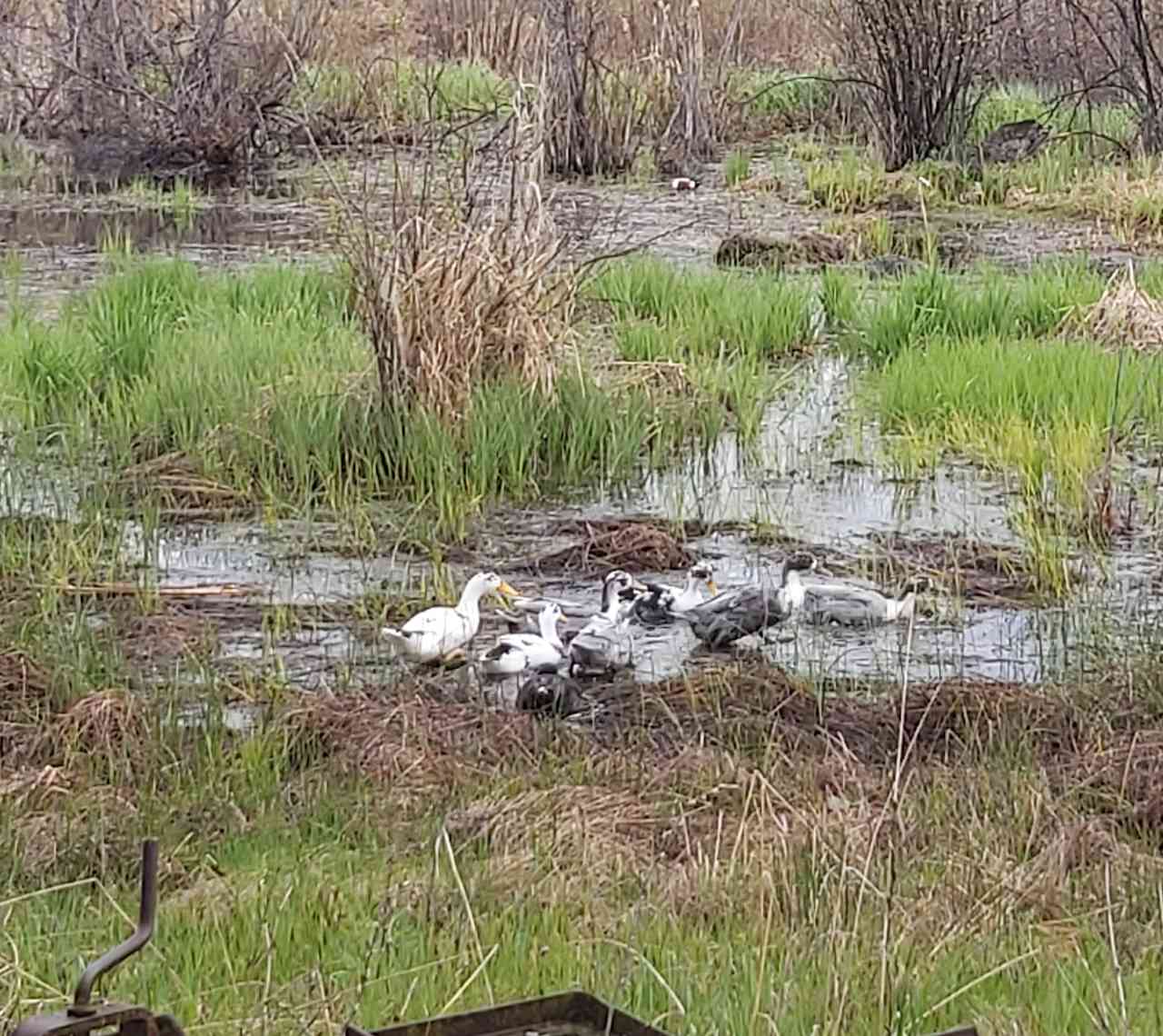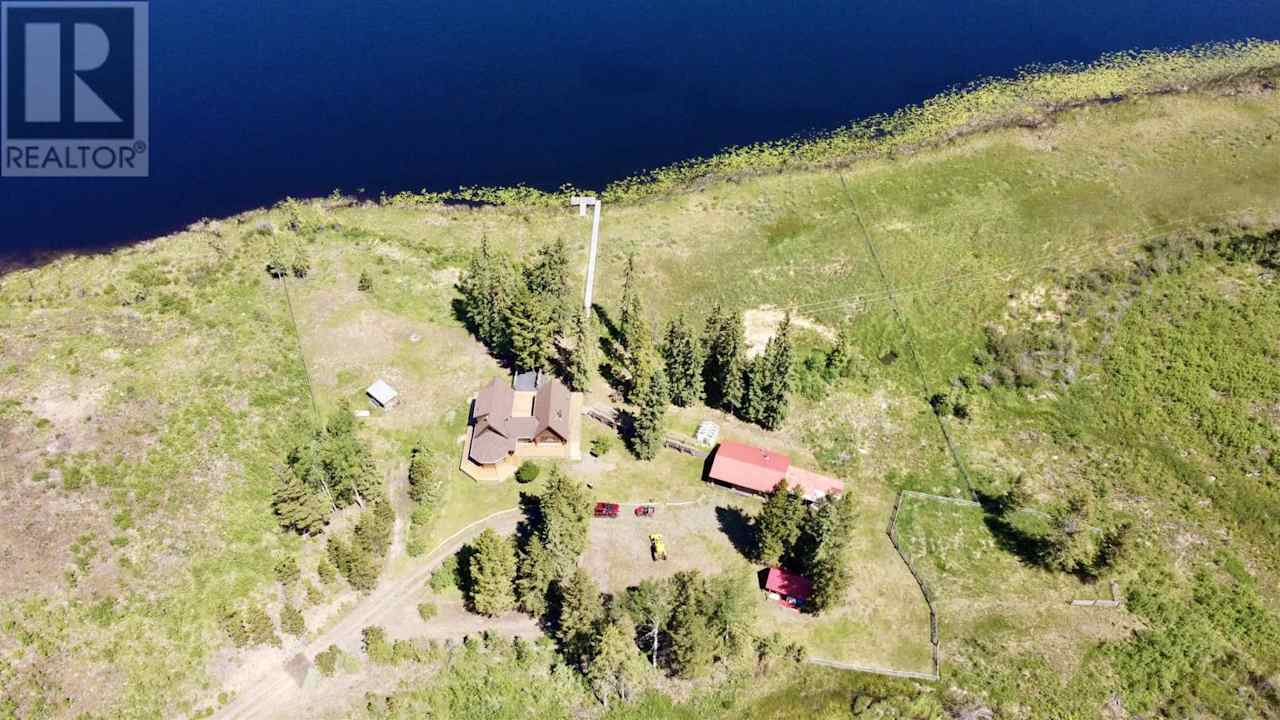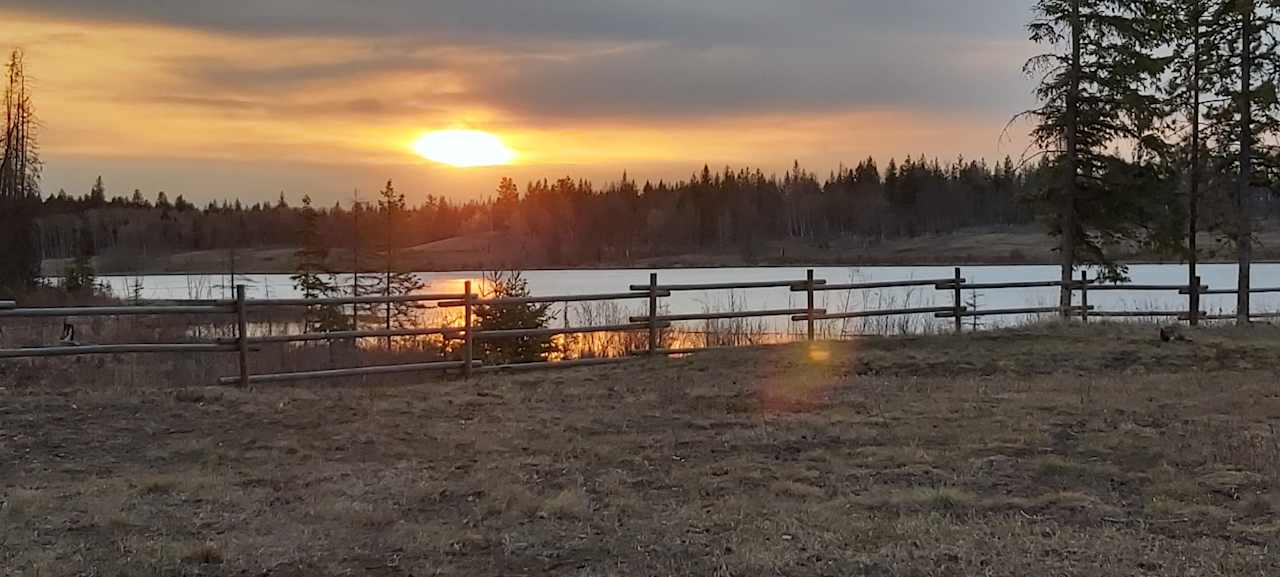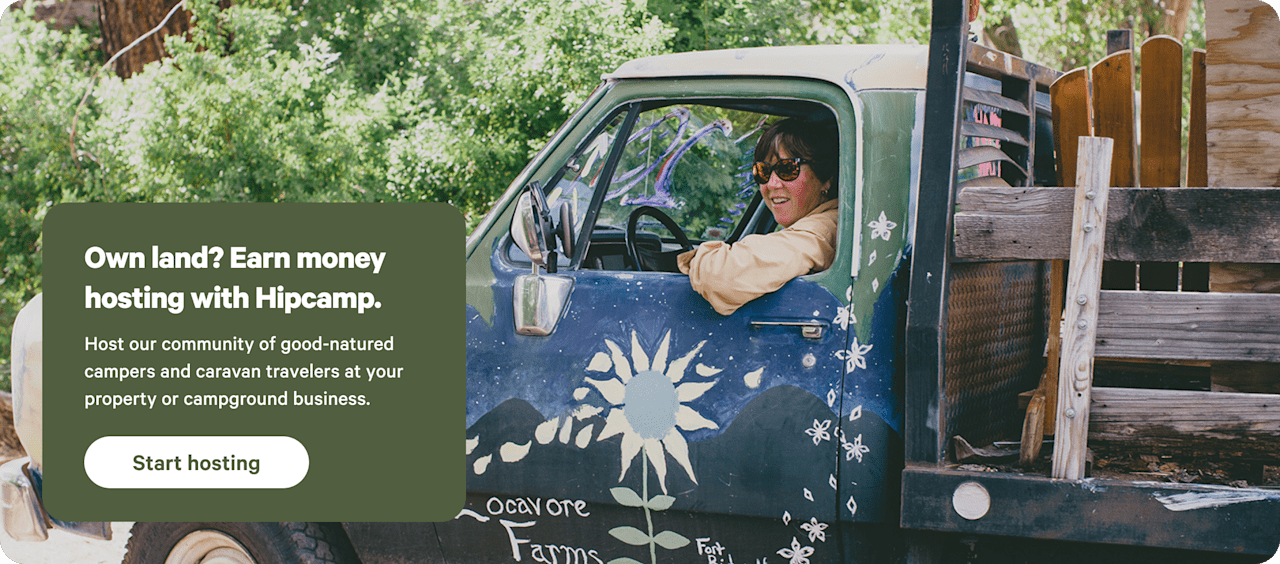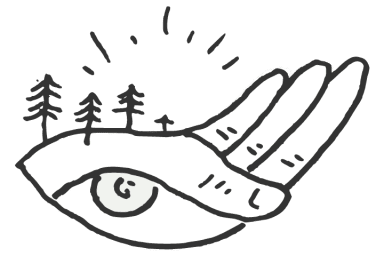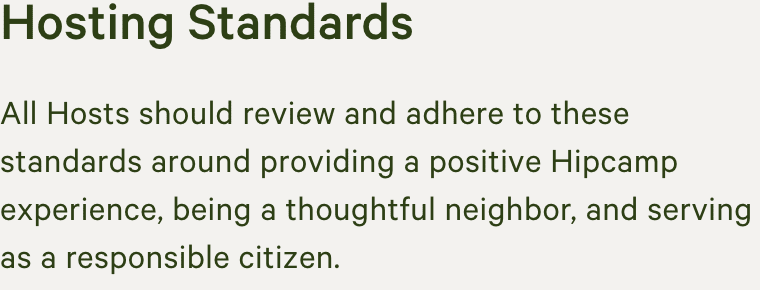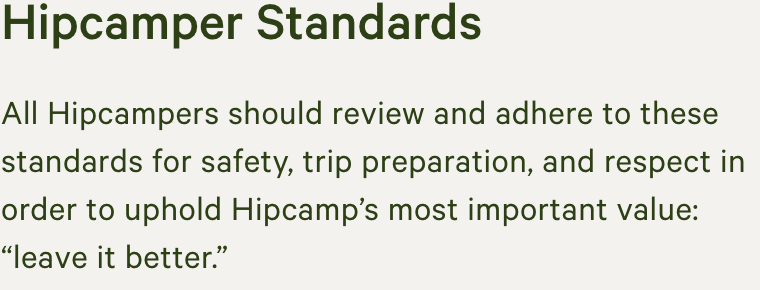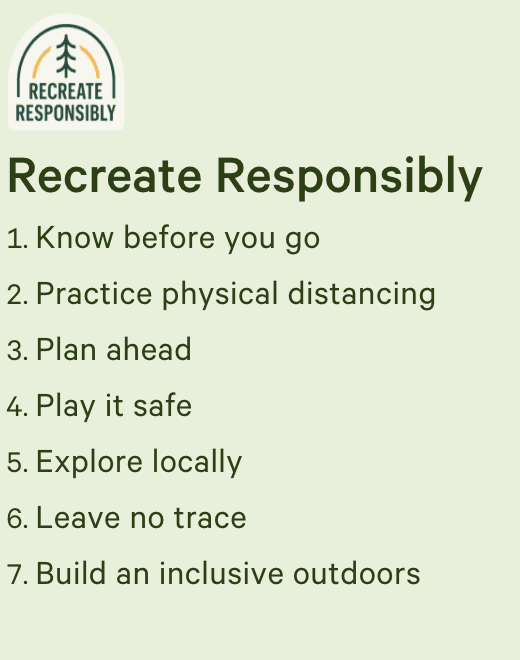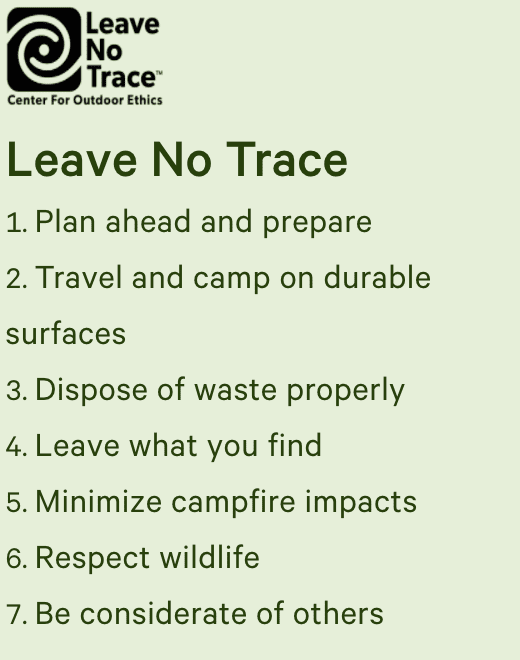Camping near Williams Lake
In the heart of the Cariboo Chilcotin, Williams Lake offers incredible access to the area's best outdoor spots.
- Williams Lake
Popular camping styles for Williams Lake
Dog-friendly getaways
9 top campgrounds near Williams Lake
Under $50
Available this weekend


Camping near Williams Lake guide
Overview
At the convergence of two pack trails leading to the Cariboo goldfields, Williams Lake was settled in the mid-1800s by Europeans in search of their fortune panning in the rivers. That pioneering attitude still lives on today with a thriving ranching community, Canada's second-largest open-pit copper mine, and a robust logging and milling industry. Known as BC's "Cowboy Country," Williams Lake hosts the world's top rodeo competitors in a stampede every Canada Day weekend, a blowout event not to be missed. And the outdoor fun doesn’t stop there—the area is home to more than 4,500 lakes to enjoy during a camping trip.
Where to go
Scout Island Nature Centre
With more than four kilometers of trails dipping in and out of marshland, lakeshore, and island environments, Scout Island Nature Centre is a prime location for experiencing nature on the doorstep of Williams Lake. Since it’s on the migration path of hundreds of bird species, come spring or fall, make sure you bring your binoculars. There is a picnic area, boat launch, and the interactive Nature House, which interprets the area for visitors.
Churn Creek Protected Area
Abutting the west bank of the Fraser River with steep cliffs, rolling hills, and an ever-changing sky, Churn Creek is undeniably beautiful. But it’s also home to some of Canada’s rarest ecosystems—low, middle, and high elevation bunchgrass grasslands—and supports a variety of rare flora and fauna. Follow old roads and cow trails that crisscross the protected area, but be sure to leave gates as you find them—it’s part of a working ranch.
Xatśūll Heritage Village
Get a feel for how the people of the Secwepemc Nation lived their lives for thousands of years. Perched on a sunny plateau high above the Fraser River, guides from the Xatśūll First Nation community walk visitors through teepees and pit houses, teaching them how to cook traditional meals and sharing stories that have been passed down for generations.
When to go
With a humid continental climate, Williams Lake has warm summers and rather cold winters. The warm season spans from early June to mid-September, with mid-July to mid-August being the peak time for warm-weather activities. Thanks to the rain shadow of BC's coastal mountains, rain clouds roll in and roll out often, especially during the summer months. A twist: winter is much drier and sunnier.
Know before you go
- Williams Lake is the largest urban centre between Kamloops and Prince George—it takes about three hours to drive to either. It's just over a 6-hour drive to Vancouver.
- The fall colours in the Cariboo Chilcotin are spectacular, so consider a fall camping trip to watch leaves turn red and amber as the season changes.
- Keep your eyes open for bighorn sheep—the banks of the Fraser River house the largest herd in North America.
